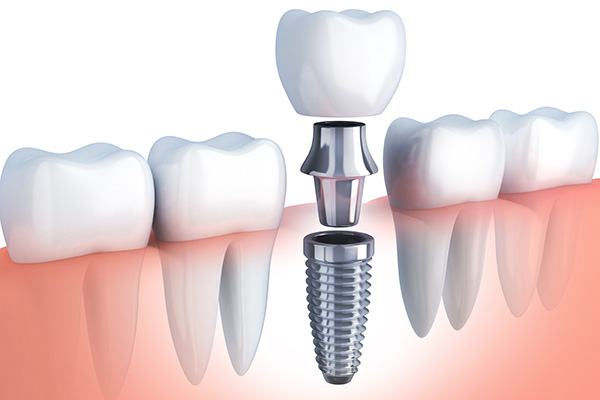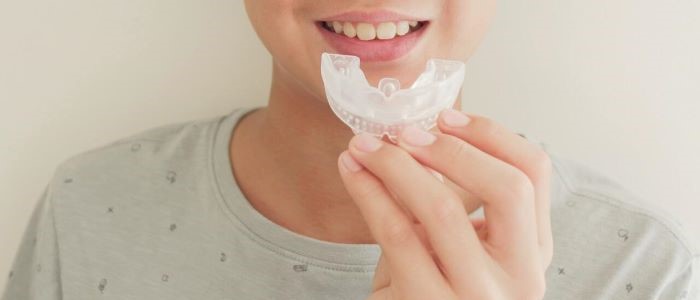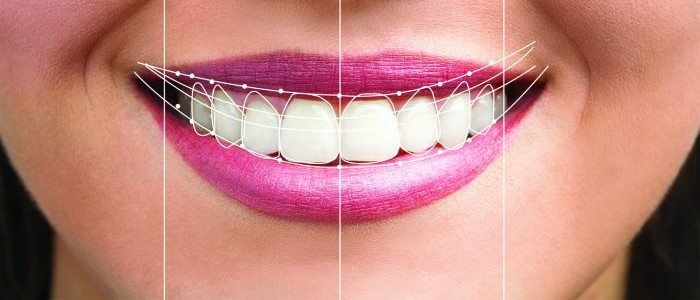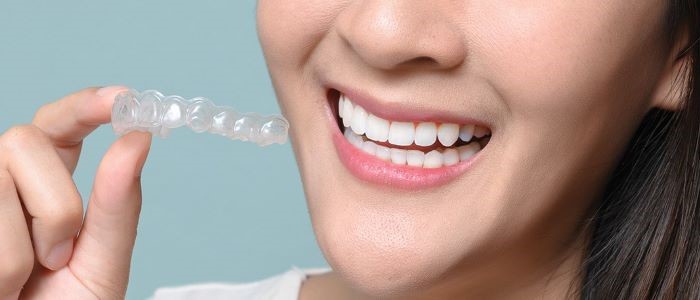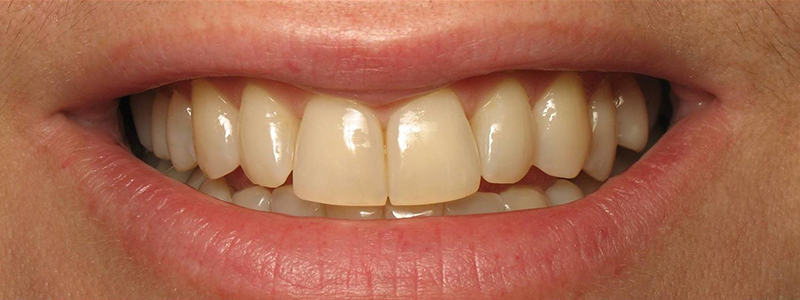Dental veneers are a popular cosmetic dentistry treatment that can transform smiles by correcting imperfections and enhancing aesthetics. However, there are several misconceptions surrounding veneers that may deter individuals from considering this beneficial option.
- Myth: Dental Veneers Look Unnatural
- Debunking the myth: One of the most significant advancements in cosmetic dentistry is the natural appearance of modern dental veneers. Today’s veneers are custom-made to match the color, shape, and translucency of natural teeth, resulting in a seamless and lifelike smile enhancement.
- Myth: Dental Veneers Damage Natural Teeth
- Debunking the myth: Dental veneers are a minimally invasive treatment that requires only a small amount of enamel removal, usually less than a millimeter. Contrary to popular belief, this minimal preparation does not significantly weaken or damage natural teeth. In fact, veneers often provide added strength and protection to the underlying tooth structure.
- Myth: Dental Veneers Require Extensive Maintenance
- Debunking the myth: While it’s essential to maintain good oral hygiene habits, dental veneers do not require extensive maintenance beyond regular brushing, flossing, and routine dental check-ups. With proper care, veneers can last for many years, providing long-lasting smile enhancements.
- Myth: Dental Veneers Are Only for Aesthetic Purposes
- Debunking the myth: While dental veneers are primarily used for cosmetic purposes to improve the appearance of teeth, they can also offer functional benefits. Veneers can correct minor misalignments, close gaps between teeth, and strengthen weakened enamel, improving both the form and function of the smile.
- Myth: Dental Veneers Are Irreversible
- Debunking the myth: While it’s true that enamel removal is required to prepare teeth for veneers, this process is minimal and considered reversible. If desired, veneers can be removed in the future, although the underlying teeth may be slightly altered from their original state. However, most patients are highly satisfied with their veneers and do not seek removal.
Dr. Nikita Agarwal and the team at Studio Dentale are committed to providing personalized veneer solutions that enhance your smile while preserving your dental health. Explore the possibilities and separate myths from facts with the experts at Studio Dentale!





